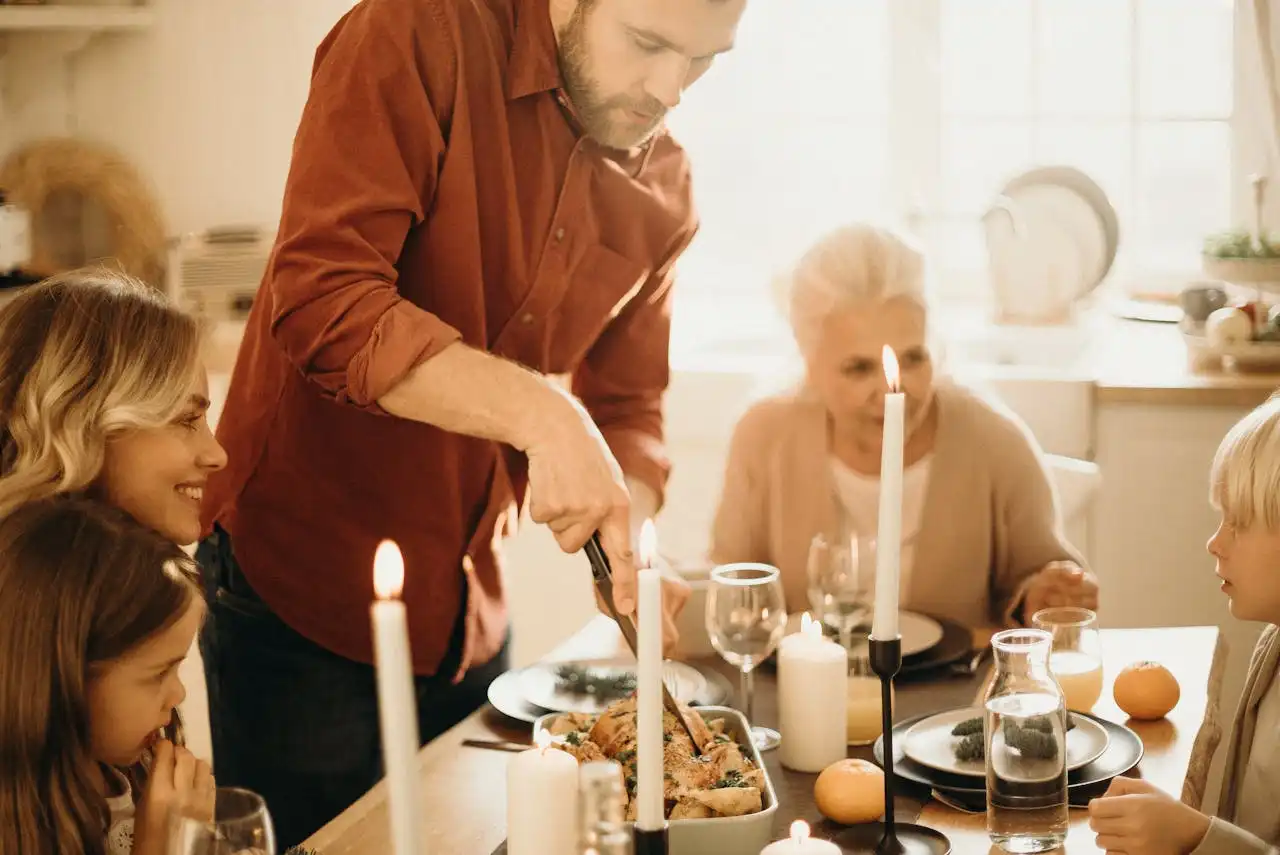Have you ever noticed how family dinners can sometimes feel like a reality TV show? You’ve got the drama, the comedy, and occasionally, a heartwarming moment that pulls everyone together. Family dynamics play a massive role in shaping who we are and how we interact with the world. Let’s dive into this fascinating topic and see how understanding these dynamics can improve our social skills.
Understanding Family Dynamics
So, what exactly are family dynamics? Think of your family as a play, where each member has a role, a script, and sometimes, a surprising twist. These roles and interactions create the unique atmosphere in which we all learn our first social lessons. From the caring mom to the rebellious teen, each part is vital in the grand scheme of things.
Common Family Dynamics Scenarios
Picture this: It’s Thanksgiving, and your uncle is telling the same old story for the umpteenth time. Meanwhile, your cousins are bickering over something trivial. These everyday scenarios might seem mundane, but they’re golden opportunities to observe and learn about social interactions. Each family has its quirks, and these quirks are the building blocks of our social skills.
The Influence of Family Dynamics on Social Skills
Family dynamics can be a double-edged sword. On one hand, they teach us love, support, and communication. On the other, they can sometimes leave us grappling with issues like conflict and misunderstanding. For instance, growing up in a supportive environment often boosts your confidence in social settings. Conversely, a tense family atmosphere might make social interactions more challenging. It’s all about finding the balance and learning from each experience.
Improving Social Skills Through Family Interactions
Want to become a social butterfly? Start at home. Engage in family activities, participate in discussions, and even navigate those occasional disagreements. These interactions are like social skill boot camps. And if you’re looking for some quick tips, check out these [fast ways to improve social skills at home]. They’ll give you a head start in honing your social prowess right in your living room.
Managing Difficult Family Dynamics
Let’s face it, not all family interactions are sunshine and rainbows. Sometimes, dealing with family can feel like walking through a minefield. The key is to stay calm, listen actively, and communicate clearly. And remember, humor can be a great tool. Next time Aunt Mary criticizes your fashion choices, a light-hearted joke might defuse the tension and keep the peace.
Family Dynamics and Romantic Relationships
Believe it or not, how you interact with your family can shape your dating life. If you’ve learned to navigate family arguments and share openly with your siblings, you’re already ahead in the dating game. For more insights on thriving in romantic relationships, check out these [10 powerful tips for thriving in dating and romantic relationships]. Your family experiences are a treasure trove of lessons waiting to be applied to your love life.

People also ask
What are 5 healthy family dynamics?
- Effective Communication: Family members openly share their thoughts and feelings, fostering understanding and trust.
- Supportive Relationships: Individuals provide emotional and practical support to each other, creating a nurturing environment.
- Respect for Boundaries: Each person’s personal space and individuality are respected, promoting a sense of autonomy.
- Constructive Conflict Resolution: Disagreements are handled calmly and respectfully, with a focus on finding mutually acceptable solutions.
- Shared Responsibilities: Duties and chores are distributed fairly, encouraging cooperation and teamwork.
What is a toxic family dynamic?
A toxic family dynamic is characterized by patterns of behavior that are harmful to the well-being of its members. This can include chronic criticism, manipulation, lack of support, and unhealthy communication, leading to emotional distress and conflict. In such environments, trust and respect are often undermined, resulting in ongoing stress and dysfunction.
What’s another word for family dynamics?
Another word for family dynamics is family relationships. This term encompasses the interactions, roles, and emotional connections between family members. It reflects how individuals within a family relate to and influence each other.
What is the theory of family dynamics?
The theory of family dynamics explores how family members interact, influence, and affect each other’s behaviors and emotions. It examines the roles individuals play within the family system and how these roles contribute to the overall functioning and development of the family unit. This theory helps in understanding patterns of communication, conflict resolution, and emotional support within families.
You can check our guide on Workplace Communication Mastery: Your Path to Success
Conclusion
Family dynamics are more than just dinner table dramas. They’re the foundation upon which we build our social skills and relationships. By understanding and embracing these dynamics, you can improve your social interactions both at home and beyond. So next time you’re at a family gathering, pay attention—you might just learn something new.





